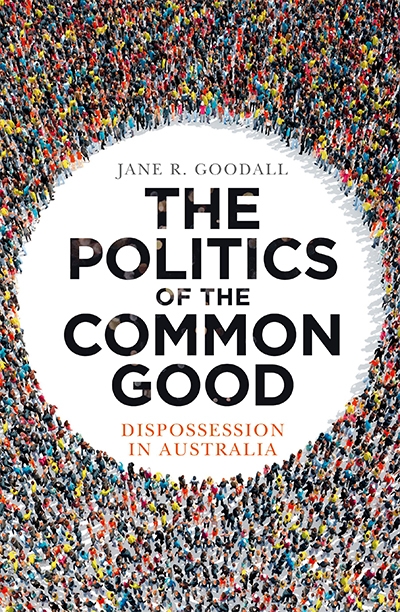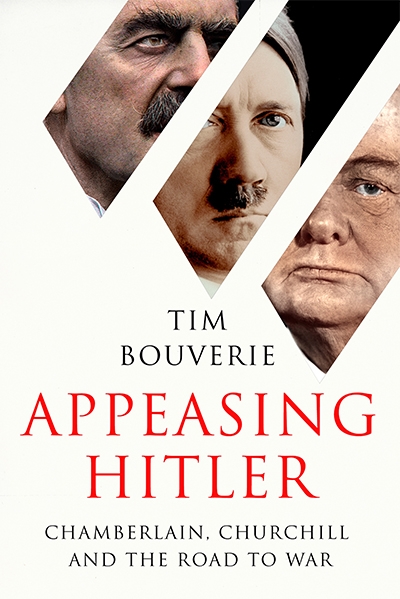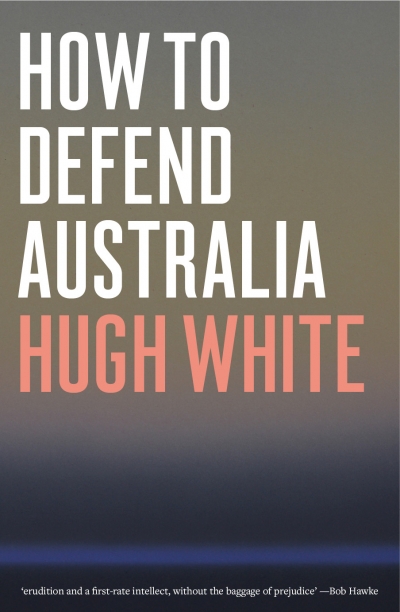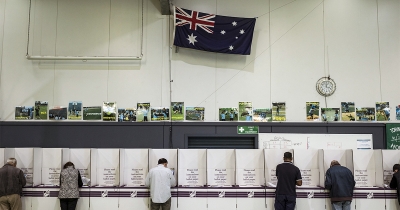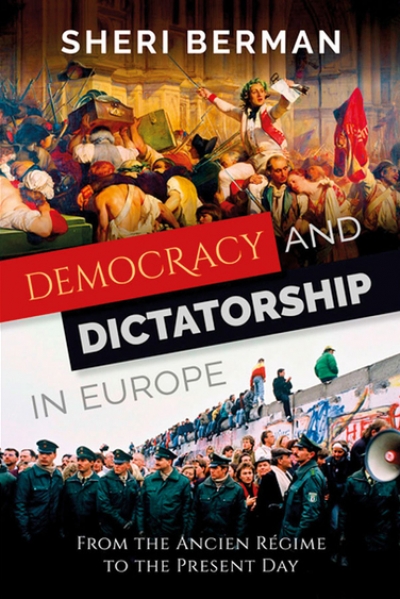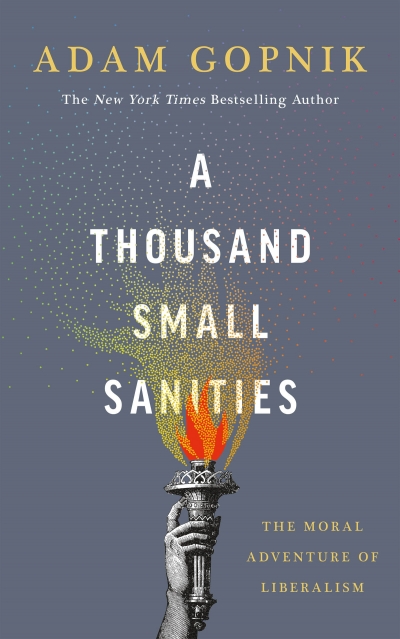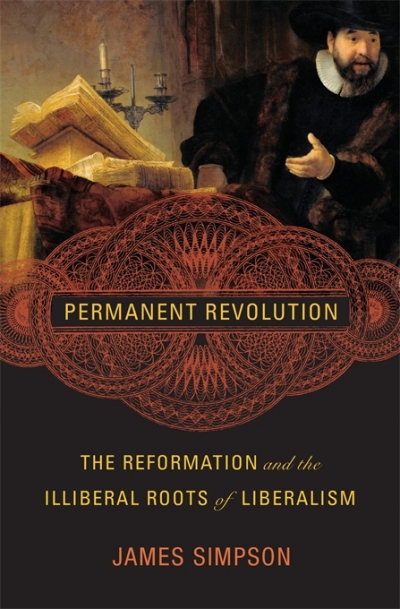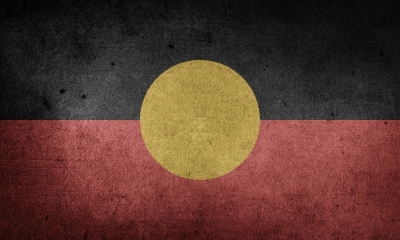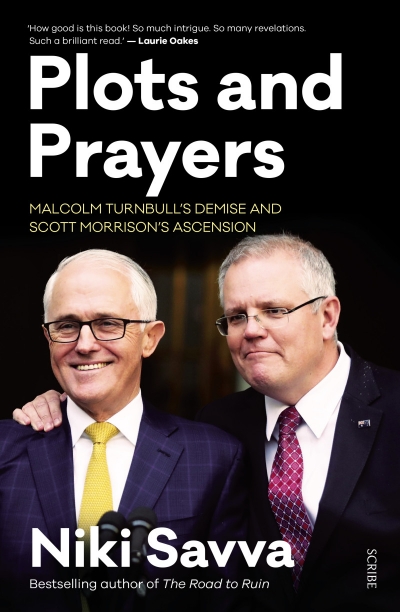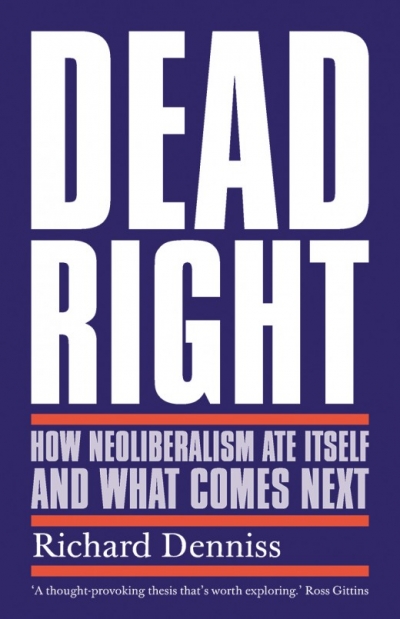Politics
The Politics of the Common Good: Dispossession in Australia by Jane R. Goodall
The commons, the common good, the commonwealth: all words for humans’ shared right to the fruits of the earth to sustain their lives, and all words with deep political histories. In The Politics of the Common Good, Jane R. Goodall excavates some of these deep histories, beginning with the Diggers and Levellers of mid-seventeenth-century England who, in pr ...
Appeasing Hitler: Chamberlain, Churchill and the road to war by Tim Bouverie
Speechless, Adolf Hitler sat glowering at Foreign Minister Joachim von Ribbentrop. Since 1933 the führer had gambled repeatedly that France and Britain would capitulate to his latest demands. Now he tried again, reassured by Ribbentrop (no aristocrat, a vain man who had purchased his title) that the feckless Allies would not intervene if ...
... (read more)Barely a decade ago, Australia was in the middle of much excitement about the Asian Century. Today, those heady days seem a distant memory. A growing number of pundits see the north as troubled by dangerous flashpoints and great power rivalries. On top of that is an America apparently in strategic retreat from the region ...
... (read more)‘Things that never were: Contradictions in the 2019 federal election' by Dennis Altman
In retrospect, the Morrison government’s win in May 2019 is not surprising. After the shift to the right in a number of liberal democracies since the election of Donald Trump, why did we assume that Australia would be immune? The assumption that Labor was certain to win resembled the attitude of most commentators towards Hillary Clinton ...
... (read more)Democracy and Dictatorship in Europe: From the Ancien Régime to the present day by Sheri Berman
Democracy won the Cold War. As East Germans breached the Berlin Wall in November 1989 to screams of joy, a young KGB officer watched the concrete crash to the ground. Systematically, he destroyed sensitive Soviet diplomatic papers in the East Berlin embassy. Ten years later, that KGB officer, Vladimir Putin ...
... (read more)A Thousand Small Sanities: The moral adventure of liberalism by Adam Gopnik
In an era of dogmatism, polarisation, and intolerance, visible on both the right and left wings of politics, liberalism needs more love. Part of its image problem is a widespread perplexity about what values and principles it really stands for. In different times and places, liberalism has meant many different, even contradictory, things ...
... (read more)Permanent Revolution: The reformation and the illiberal roots of liberalism by James Simpson
The argument of James Simpson’s Permanent Revolution is that the emergence of liberalism as a cultural and political category in the sixteenth and seventeenth centuries was shaped by the ‘radically illiberal history of ...
... (read more)Australia remains alone among the settler colonies for its lack of treaties with First Nations. This is despite the fact that Aboriginal and Torres Strait Islander peoples in Australia have been calling for a treaty for decades – since at least the 1970s and then more forcefully during the Treaty ’88 Campaign ...
... (read more)Plots And Prayers: Malcolm Turnbull’s demise and Scott Morrison’s ascension by Niki Savva
It’s a challenge to navigate the maze of books published after an election as winners and losers pore over the entrails of victory and defeat. It’s even more challenging when that election delivers a result almost nobody expected. Who’s telling the truth? Who’s lying to protect their legacy?
... (read more)Dead Right: How neoliberalism ate itself and what comes next by Richard Denniss
A spectre is haunting Australia, that of neo-liberalism. For the last thirty years, both major parties have subscribed to its tenets in order to propitiate big business. It is an ideology (and language) that dare not speak its name. Instead, from London, from Berlin, from Washington, DC, politicians beat the gongs of ...
... (read more)

